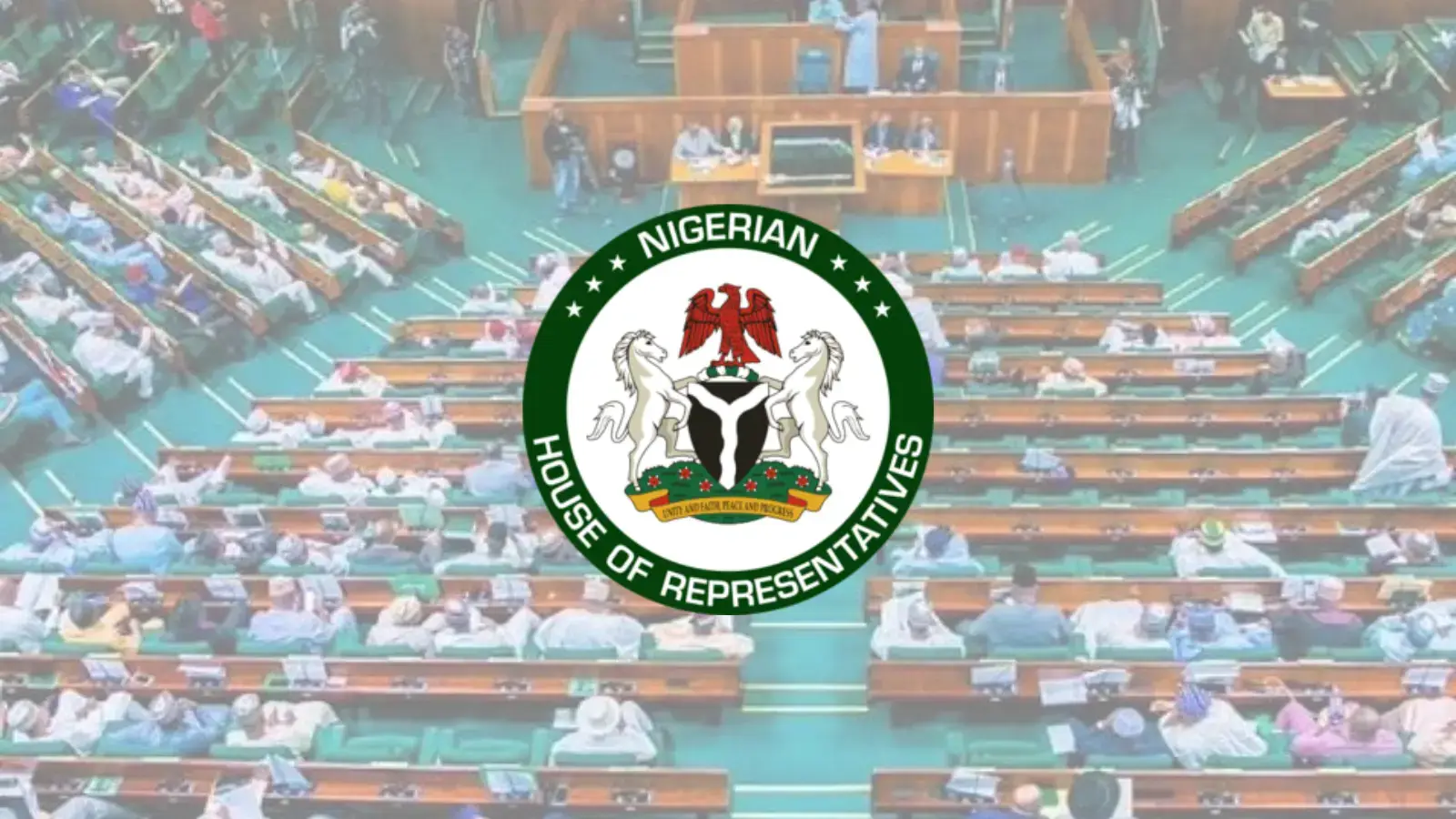
House of Reps Passes Bill to Remove Immunity for Vice President, Governors, and Deputies – Exempts President

The Nigerian House of Representatives on Wednesday passed 42 constitutional amendment bills through the second reading, among them a proposal to remove the immunity granted to the vice president, governors, and their deputies.
The move is aimed at curbing corruption, eradicating impunity, and enhancing accountability in public office. If passed into law, the bill will alter the 1999 Constitution to qualify the immunity conferred on the president while completely stripping the vice president, governors, and their deputies of such protection.
Proponents argue that the measure will ensure greater accountability in governance by allowing legal action against these officeholders while they are still in power.
This development follows the passage of 39 other constitutional amendment bills in the green chamber on Tuesday, bringing the total number of proposed amendments that have scaled the second reading to 81.
Other notable bills passed include a proposal to separate the offices of the Attorney-General of the Federation and those of the states from the Minister of Justice and Commissioners for Justice.
Another bill seeks to grant citizenship rights to spouses of Nigerian women and specify the minimum number of youths and women to be appointed to certain government positions.
The House also considered bills proposing the creation of new states, including Ijebu, Ife-Ijesa, Tiga, Orlu, and Etiti. The bills were passed without debate and will proceed to the committee stage for further deliberations.
Last year, a group of lawmakers in the House of Representatives, led by Ikenga Ugochinyere, proposed amendments to the 1999 Constitution to improve governance.
Their key proposals include a single six-year tenure for the President and state governors and the creation of two Vice President positions—one from the North and one from the South. The Reform Minded Legislators argue that these changes will reduce governance costs, enhance national unity, ensure smooth transitions, strengthen INEC’s independence, and curb corruption, nepotism, and state capture in the electoral process.
Read More:
- Natasha’s Recall: INEC Confirms Receipt Of Petitioners’ Contact Address, Other Details Despite Fraudulent Process
- Tchiani Sworn in as Niger’s Transitional President for Five Years
About The Author
Related Articles
Tinubu Government Delays Release of Signed Tax Acts to the Public
Four days after President Bola Tinubu announced the signing of four tax...
ByMayowa DurosinmiJune 30, 2025As Tinubu Urges Africa-Caribbean Unity in Saint Lucia, Over 272 Nigerians Killed in June Alone
While Nigerians deal with deadly violence, worsening hunger, and mass flooding, President...
ByWest Africa WeeklyJune 30, 2025You Can’t Tax a Dead Economy: Nigeria Is Suffocating Under Its Own Policies
As Nigeria’s Central Bank clings to its benchmark interest rate of 27.5...
ByWest Africa WeeklyJune 30, 2025“Wike is Not a Blessing to Us, He’s a Disaster” — Workers Protest in Nigeria’s Capital Over Unpaid Wages, Poor Working Conditions
Staff members of the Federal Capital Territory Administration (FCTA) in Abuja barricaded...
ByOluwasegun SanusiJune 30, 2025












Leave a comment